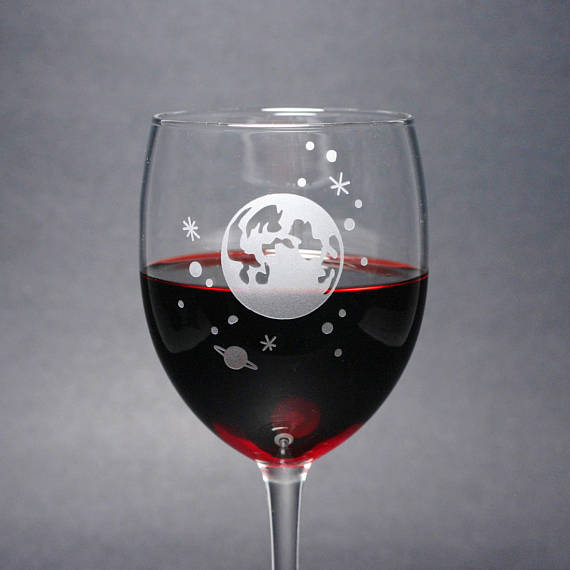FWP:
SETS == EXCLAMATION; MUSHAIRAH
NIGHT/DAY: {1,2}
In proper mushairah style, the first line of the verse, heard in isolation, is baffling. The speaker indignantly challenges, 'Let somebody say what's wrong with a moonlit night!' What could possibly occasion such a challenge? It's hard to imagine, since moonlit nights are valued, and who would have cause to disparage them?
After an appropriate (and appropriately suspenseful) interval, we are allowed, under mushairah performance conditions, to hear the second line. Even then, we have to put the whole thing together carefully, since, as Faruqi notes, the verse is a sort of ultimate peak of implication. Although it's about wine-drinking parties, there's not the slightest reference in it to wine, or drinking, or parties. And the connection of wine-drinking parties with clouds, wind, and moonlit nights is simply something we have to know beforehand, as a feature of the ghazal universe. (But doesn't it make intuitive sense, even on first exposure? Who wants to have a wine-drinking party in the middle of a bright, windless, sunny day?)
For another verse about clouds and moonlight and wine, see {97,13}, as Bekhud Mohani rightly suggests. The similarities of imagery, and the similar uses of indirection, are striking.
For more on the expression balaa se , see {58,1}.
Since the first line has buraa))ii
almost at its end, and the second line has balaa right
at its beginning, it's tempting to hear, despite the spelling change, a hint
of 'bad/good' [buraa - bhalaa] wordplay.

Nazm:
That is, if because there are no clouds and breeze in the daytime the gathering for wine-drinking is suspended, then why shouldn't this gathering take place at night, in the moonlight? That is, just as much as the clouds' not coming made the day unenjoyable, so much the moon will shine clearly in the night. (111)
== Nazm page 111